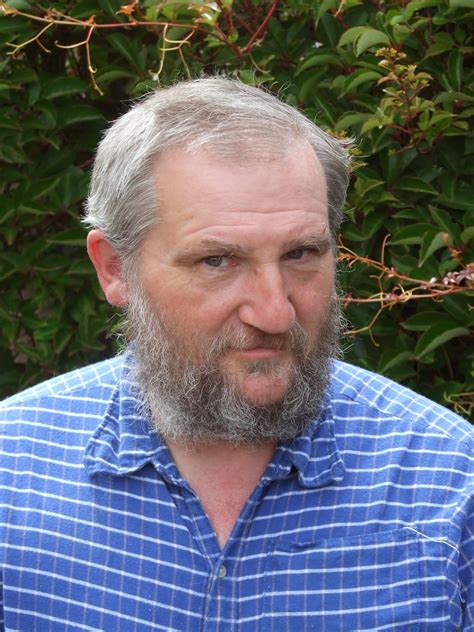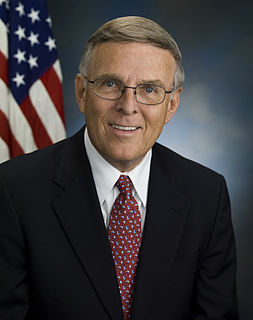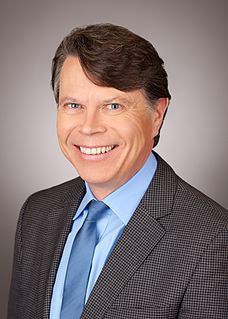A Quote by Naomi Klein
And if there is one thing we can be sure of, it’s that extreme weather events like Superstorm Sandy, Typhoon Haiyan in the Philippines, and the British floods—disasters that, combined, pummeled coastlines beyond recognition, ravaged millions of homes, and killed many thousands—are going to keep coming.
Related Quotes
We're still putting 110 million tons of man-made global pollution into the air every single day as if the sky is an open sewer. More than 90% of the extra heat energy is going into the oceans, and that's why superstorm Sandy was so much more destructive, that's why the ice is melting more rapidly, that's why the water cycle is being disrupted and we get a lot more water vapor coming from the oceans into the sky, and that's why we get these enormous downpours and big floods. They happen all the time. Every night on the TV news is like a nature hike through the Book of Revelation.
I've had many more thousands of books in my possession than my shelves at home would indicate. At one time, I tried to keep them all, but that quest soon became impossible; I now only keep the ones I'm sure I'm going to reread, the ones I'm definitely going to read before I die, and the ones I can't bear to part with because of an aesthetic or emotional attachment.
Humanity is sitting on a time bomb. If the vast majority of the world's scientists are right, we have just ten years to avert a major catastrophe that could send our entire planet's climate system into a tail-spin of epic destruction involving extreme weather, floods, droughts, epidemics and killer heat waves beyond anything we have ever experienced - a catastrophe of our own making.
Bhagavad Gita is very relevant to modern times when you see things like global warming, climate chaos, changing weather patterns, natural disasters like hurricane Katrina, extreme poverty, economic disparities, social injustice, war, and terrorism - these are the projection of a collective consciousness that's in disarray.
So confident am I that the number of deaths from violent storms will continue to decline that I challenge Mr. McKibben - or Al Gore, Paul Krugman, or any other climate-change doomsayer - to put his wealth where his words are. I'll bet $10,000 that the average annual number of Americans killed by tornadoes, floods and hurricanes will fall over the next 20 years. Specifically, I'll bet that the average annual number of Americans killed by these violent weather events from 2011 through 2030 will be lower than it was from 1991 through 2010.
































